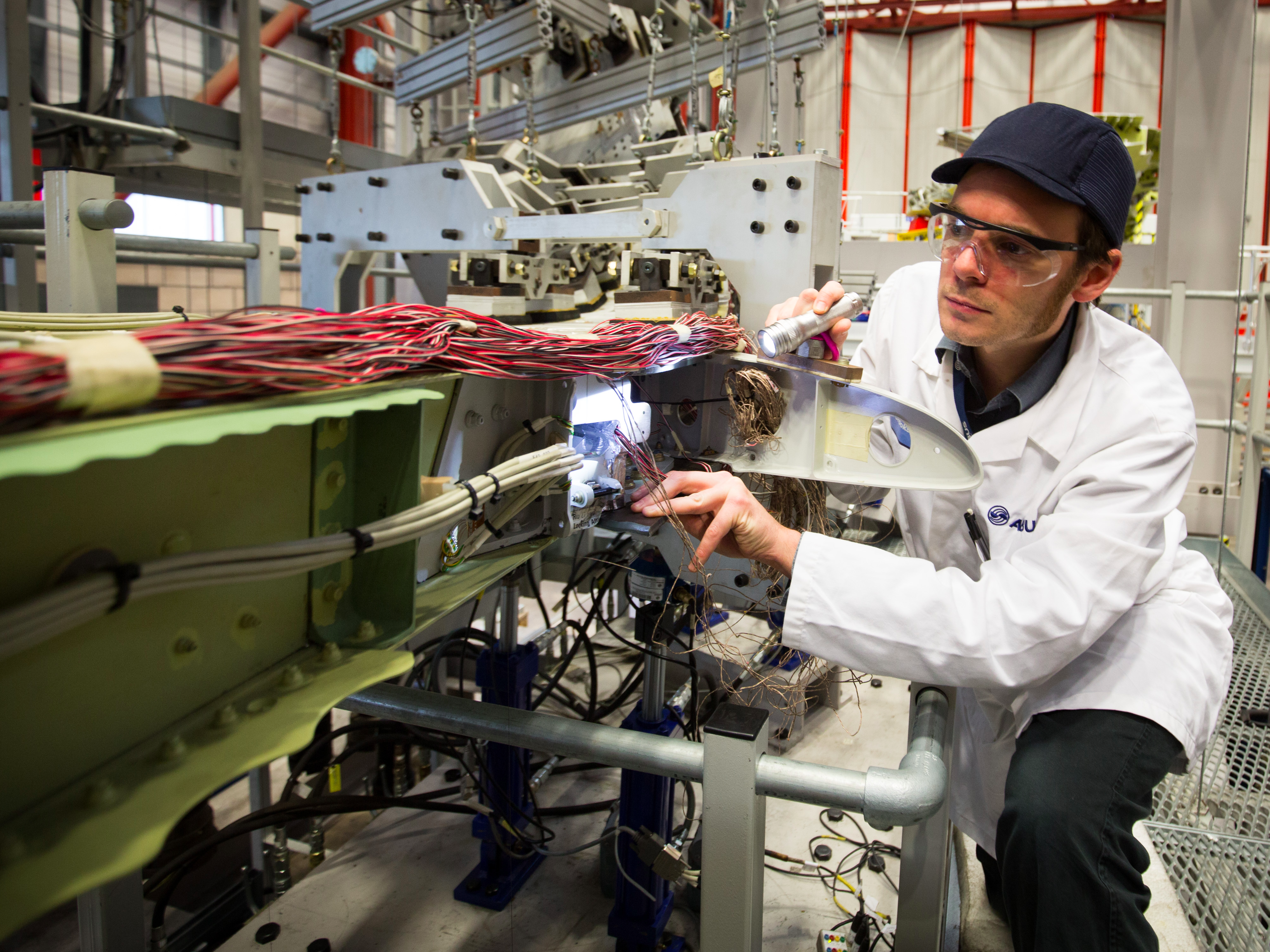Overall wage growth may not growing in line with inflation in the UK right now but new research from job siteAdzunashowed that there are some occupations which have had huge salary increases over the last 10 years.
The data, compiled by Adzuna from Office for National Statistics (ONS) figures, found that salaries have increased in some professions by nearly 50% in that space of time.
Business Insider covered the highest-paid jobs in the UK earlier in the week, but the new data shows how some roles are seeing salaries rise much faster than others – and every one on the list offers a considerably higher wage than the £28,000 UK average.
Take a look at the professions which made the top of the list:
9. Security professionals — this includes varied roles, including customs officers and security firm bosses, but salaries are rising across the board.

Average 2006 salary: £25,700
Average 2016 salary: £35,700
Increase: £10,000
8. Health managers and directors — hospital bosses and nursing directors fall under this category. There has been widespread anger in recent years over NHS bosses' increasing pay packets as doctors' wages remain stagnant.

Average 2006 salary: £36,800
Average 2016 salary: £46,800
Increase: £10,000
7. Mechanical engineers — this covers a variety of roles, from automotive mechanics to jobs in aerospace engineering. Salaries have increased by an average of almost £10,000 in the past decade.

Average 2006 salary: £34,600
Average 2016 salary: £44,700
Increase: £10,100
6. Manufacturing directors & production managers — Britain has become a global hub for manufacturing in recent years, and wages at the top of the sector have risen accordingly. They may be under threat if Brexit hits the sector as badly as many expect, however.

Average 2006 salary: £41,700
Average 2016 salary: £52,200
Increase: £10,500
5. Senior teachers & educational professionals — this includes headteachers and registrars. The average salary in the sector increased by a whopping £18,900 in the past decade.

Average 2006 salary: £32,200
Average 2016 salary: £51,100
Increase: £18,900
4. Advertising and PR directors — those in top director roles in the sector can now expect to earn well over double the average national salary of £28,000.

Average 2006 salary: £43,800
Average 2016 salary: £63,100
Increase: £19,300
3. Tax experts — tax consultants and advisers can work with the government to help close down legal loopholes, or they can offer private advice to wealthy individuals who want to minimise tax payment. Their salaries have increased dramatically, by an average of nearly £20,000.

Average 2006 salary: £32,600
Average 2016 salary: £52,300
Increase: £19,700
IT & telecoms directors — the skills of highly-trained IT professionals are in increasingly high demand as companies compete to recruit top talent to run their computer networks, and salaries are rising accordingly.

Average 2006 salary: £48,900
Average 2016 salary: £72,000
Increase: £23,100
Marketing & sales directors — salaries have rocketed for those overseeing marketing and sales policy at the UK's biggest firms, and the growth in the sector's average salary has actually been greater than the average national wage of £28,000.

Average 2006 salary: £51,900
Average 2016 salary: £82,200
Increase: £30,300

